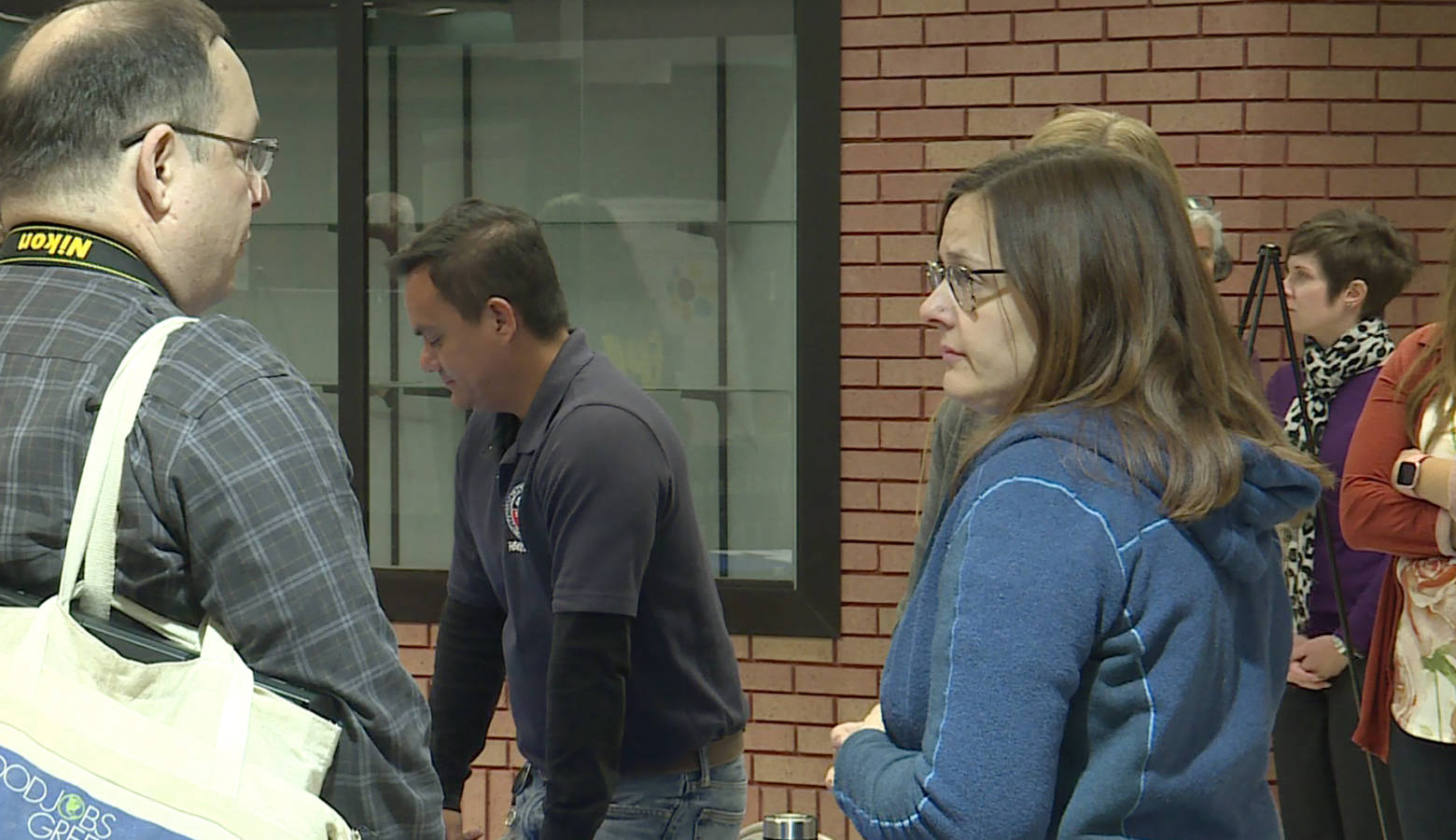Residential Soil Cleanup In East Chicago Superfund Expected To Wrap Up Next Spring

Residential soil cleanup in East Chicago’s Superfund site is expected to wrap up next spring. But that isn’t the end of the Environmental Protection Agency’s work in the neighborhood.
The EPA cleaned up 178 residential properties and the former Carrie Gosch Elementary School during this year’s construction season. With that, there are 14 residential properties left to clean up, with a few to test before the end of the year.
The EPA is also in the middle of a groundwater study. Remedial project manager Leslie Patterson says the agency is testing to see if the non-drinking water in the neighborhoods is harmful.
“And so we kind of look at that, develop those exposure models and then figure out, you know – is this really a potential route of exposure that could lead to real risk,” Patterson says.
Patterson says in addition to testing on groundwater, the agency is looking to test seepage in residential basements.
The Agency for Toxic Substances and Disease Registry is also working to address potential environmental hazards through its work with private physicians and the city’s health department to help treat residents exposed to lead and arsenic.
READ MORE: ATSDR: East Chicago Superfund Blood Lead Levels Higher Than Overall City
ATSDR released an updated study of East Chicago Superfund blood lead levels in August 2018. Since then, Region 5 Director Mark Johnson says ATSDR has worked to identify those potential hazards and make recommendations to health providers.
“Most physicians don’t get training in environmental medicine or how to evaluate the impact of environmental exposures,” Johnson says. “So we’re providing that sort of basic, fundamental information for them, and for their practice.”
Johnson says while a new health risk assessment is conducted, the agency is working to get more children tested for lead exposure.
Contact Lauren at lchapman@wfyi.org or follow her on Twitter at @laurenechapman_.
